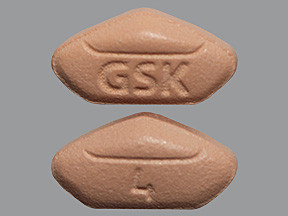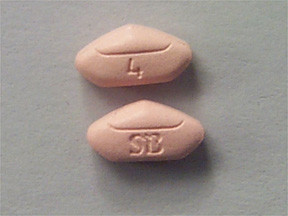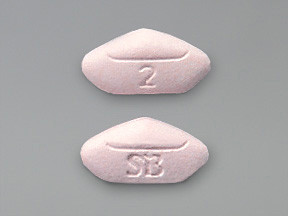ROSIGLITAZONE - ORAL
PHONETIC PRONUNCIATION: (ROE-si-GLI-ta-zone)
COMMON BRAND NAME(S): Avandia
GENERIC NAME(S): rosiglitazone maleate
Uses
USES: Rosiglitazone is used with a proper diet and exercise program to control high blood sugar in people with type 2 diabetes. Controlling high blood sugar helps prevent kidney damage, blindness, nerve problems, loss of limbs, and sexual function problems. Proper control of diabetes may also lessen your risk of a heart attack or stroke. Rosiglitazone belongs to the class of drugs known as glitazones. It lowers blood sugar by helping to restore your body's proper response to insulin.
How to use ROSIGLITAZONE - ORAL
HOW TO USE: Read the Medication Guide and, if available, the Patient Information Leaflet provided by your pharmacist before you start taking rosiglitazone and each time you get a refill. If you have any questions, ask your doctor or pharmacist. Take this medication by mouth with or without food as directed by your doctor, usually once or twice daily. The dosage is based on your medical condition and response to treatment. Use this medication regularly to get the most benefit from it. To help you remember, take it at the same time(s) each day. It may take up to 2 to 3 months before you get the full benefit of this drug. Tell your doctor if your condition does not improve or if it worsens (your blood sugar is too high or too low).
Side Effects
Precautions
Interactions
Overdose
Images
Reviews
Faq for ROSIGLITAZONE - ORAL
Rosiglitazone is an oral medication used to treat type 2 diabetes. It belongs to a class of medications called thiazolidinediones.
Rosiglitazone helps to lower blood sugar levels by increasing the body's sensitivity to insulin. It works by affecting the way the body uses insulin and helps to control blood glucose levels.
Common side effects of Rosiglitazone may include weight gain, fluid retention, headache, muscle pain, and respiratory infections. It is important to discuss any side effects with your doctor.
Yes, Rosiglitazone can be used in combination with other oral diabetes medications such as metformin or sulfonylureas, as recommended by your doctor. It is important to follow your doctor's instructions and closely monitor your blood sugar levels.
Yes, Rosiglitazone has been associated with an increased risk of heart-related problems, such as heart attack or stroke. It is important to discuss your medical history and any existing heart conditions with your doctor before starting Rosiglitazone.
Rosiglitazone is taken orally, usually once or twice a day, with or without food. It is important to follow your doctor's dosage instructions and take the medication regularly to achieve the best results.
Rosiglitazone is not recommended for use during pregnancy, as it may harm the unborn baby. It is important to discuss the risks and benefits with your doctor if you are planning to become pregnant or are already pregnant. It is not known whether Rosiglitazone passes into breast milk, so it is recommended to avoid its use while breastfeeding.
If you miss a dose of Rosiglitazone, take it as soon as you remember. However, if it is almost time for your next scheduled dose, skip the missed dose and continue with your regular dosing schedule. Do not take a double dose to make up for the missed one.
Rosiglitazone is generally not recommended for use in children. Its safety and effectiveness have not been established in pediatric patients. It is important to consult with a pediatric endocrinologist for appropriate treatment options for children with diabetes.
Warning
WARNING: This medication may rarely cause or worsen a certain heart problem (heart failure). Tell your doctor right away if you notice any symptoms of heart failure, including: shortness of breath, swelling ankles/feet, unusual tiredness, unusual/sudden weight gain. This medication is not recommended for people with certain types of heart failure. Before using this medication, tell your doctor if you have heart failure.
Disclaimer
IMPORTANT: HOW TO USE THIS INFORMATION: This is a summary and does NOT have all possible information about this product. This information does not assure that this product is safe, effective, or appropriate for you. This information is not individual medical advice and does not substitute for the advice of your health care professional. Always ask your health care professional for complete information about this product and your specific health needs.




No Reviews Yet